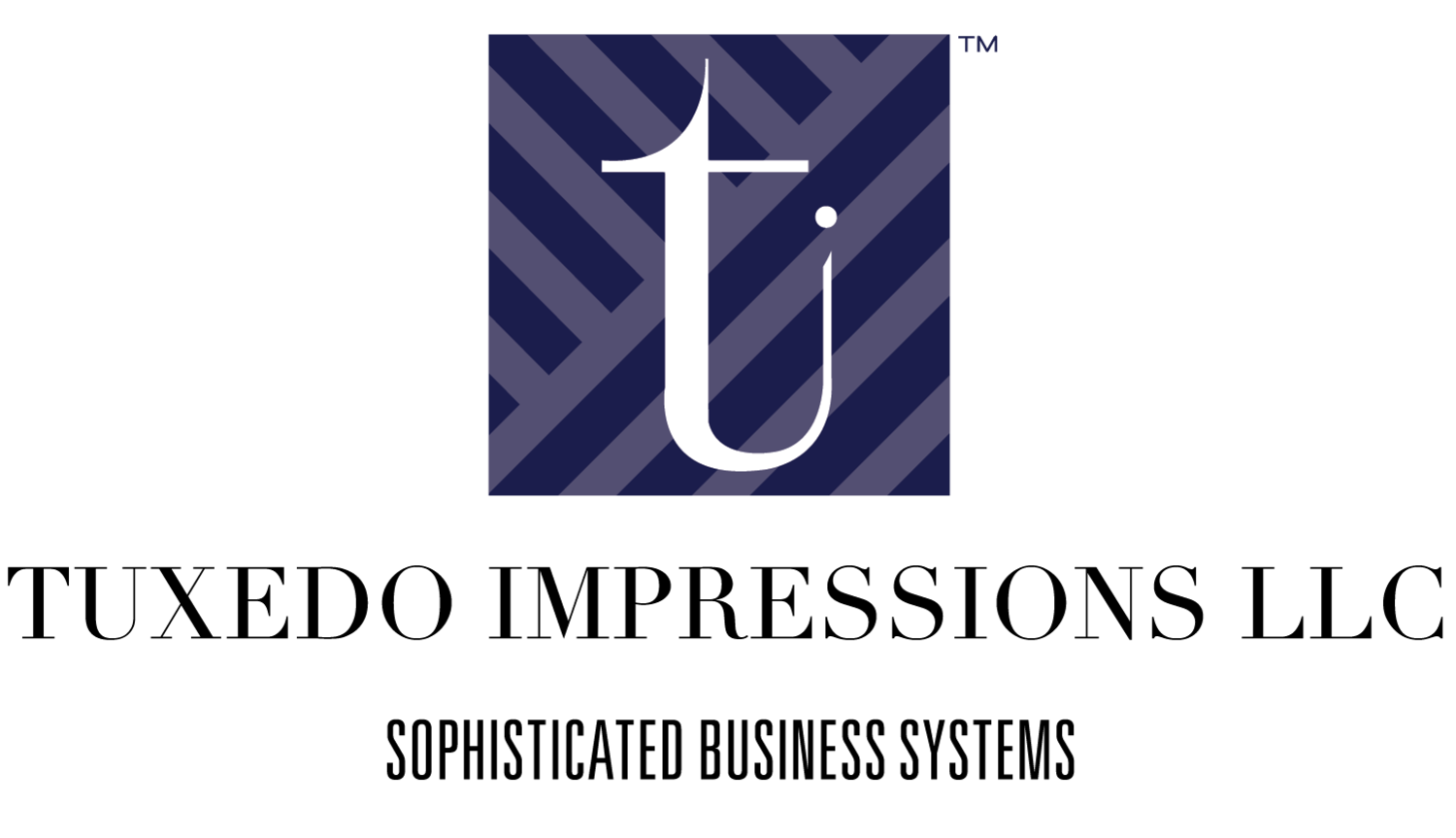Every businessperson knows how essential a business proposal is in the process of obtaining new clients, but not everyone knows how to do it right. Business proposals can either make or break your small business, so it is very important to always put your best foot forward. To ensure that a great proposal is coming a potential client’s way, proposal management is needed.
Proposal management is basically the process of managing every step of a business proposal from the generation of the idea to the writing, editing, and presentation, up to the follow-up process. Essentially, proposal management aims to provide small businesses with a quality and well-organized business proposal and follow-up process.
Following is a list that expounds on the importance of proposal management in small business:
Proposal management provides efficient communication with clients
Business proposals don’t end once they have been presented to the prospective client. Most of the time they will neither be accepted nor declined right away. The client will likely take some time to generate questions and analyze your proposal to see if it’s a good fit for their needs. For that reason, maintaining regular communication is very important, and of equal importance is knowing when and how to do it.
For example, one small business may send a thank you e-mail right after the presentation, a follow-up e-mail after 24 to 48 hours, and then give a follow-up call 24 to 48 hours after sending the follow-up e-mail. On the other hand, another small business might want to do a follow-up after an hour of giving the proposal. Some businesses might do follow-up once a day, while others do it once every two days. Moreover, some might opt to follow-up via email, while others prefer to do it by telephone.
No matter what the small business chooses to do, the important thing is that the process is designed to fit the particular client. It may be helpful to inform the client early on of your follow-up methods and discuss which options work better for them and how much time and space they feel they would need to make a decision. Follow-ups can sometimes come across as being too pushy, so if you are doing a proper follow-up, it should simply remind them to re-visit the proposal or let them know that you are available to answer any questions they may have.
Proposal management saves your small business time
Writing business proposals can be really time-consuming, but if the whole process is managed properly, it can actually save time. Consider trying these tricks of the trade:
Create a proposal template
Business proposals are typically generated several times in a month. You may discover great success with the structure of a particular proposal and decide you would like to try it again. In such an event, it helps to make a proposal template based off of that proposal that will indicate your small business’ unique selling points yet leave room to also customize the proposal to your client’s needs. By having a template ready, your team won’t have to start from scratch every time, and it eliminates the need to copy and paste information from the source document to the new one. Furthermore, it will ensure consistency for your small business.
Embrace proposal management technology
Proposal management software helps small businesses to deliver quality proposals in a professional and modern way. Using this tool also allows small businesses to be more focused on the clients and less on the proposals. Incorporating technology in proposal management can range from using software to make a proposal template to tracking client engagement with the proposal (i.e. how many times they have viewed it and which sections they spend the most time reviewing). This technology can also help your business track the performance of each proposal, allow your clients to sign the business proposal electronically, and provide an interface for direct communication with the client on the actual document.
If you are looking for proposal management software to fit your small business, let Tuxedo Impressions LLC help!
Develop a clear process that indicates when and how to end a proposal
If in the latest follow-up – let’s say a month after the proposal was delivered – the client says they don’t have any questions but there is still no clear indication as to whether the proposal has been accepted or not, that’s usually a sign that the answer is no. Signs like that should be indicated on the follow-up process so that your team’s time and efforts will not be wasted on a client who will probably end up rejecting your proposal. Instructing your staff on the right things to say and how to say them will also ensure that your business proposal ends in a professional way.
Proposal management supports strong team collaboration
Most large businesses have a proposal management department, but for many small businesses, the proposal management process is taken care of by one person. Managing an entire proposal process can be difficult for just one person, so having a team involved not only saves time but can also be a great way to gather more ideas. As the saying goes, “Two heads are better than one.” And as a bonus, letting the members of the team know that their ideas are being heard actually gives them a feeling of being trusted and knowing that they are a valuable part of the team and the organization.
Each member of the team should know their specific duties and responsibilities regarding proposals in order to make the process run smoothly. Teamwork is vital for the success of any small business, and nothing can help improve it other than a team collaboration activity like working on a proposal together. If the proposal process has been managed properly, it will show your client how organized and efficient your small business is and will eventually lead to the deal being sealed.
~ Jamara Wilson, Team Tuxedo Impressions LLC™








